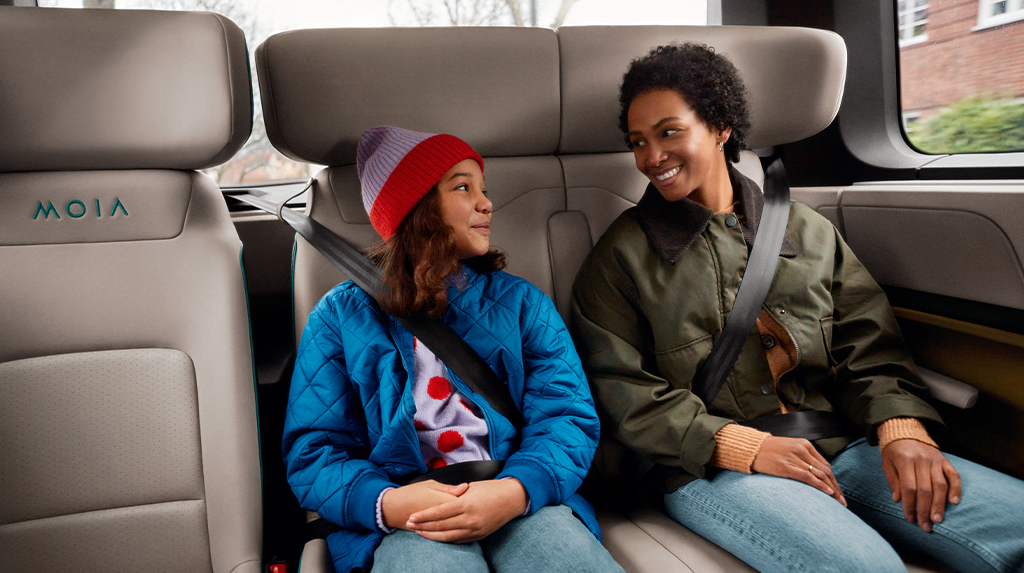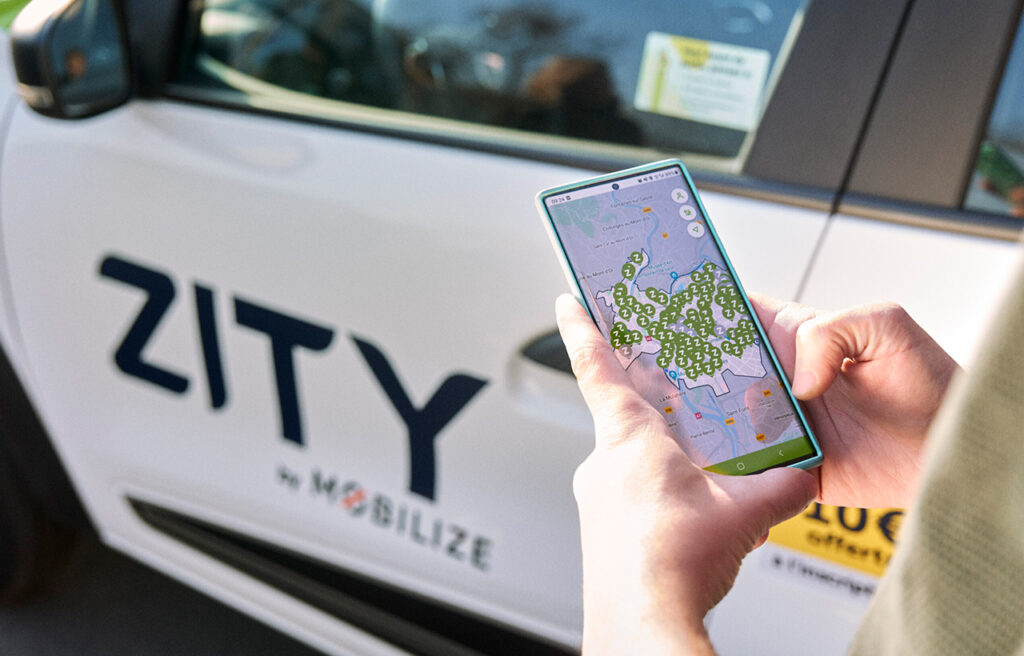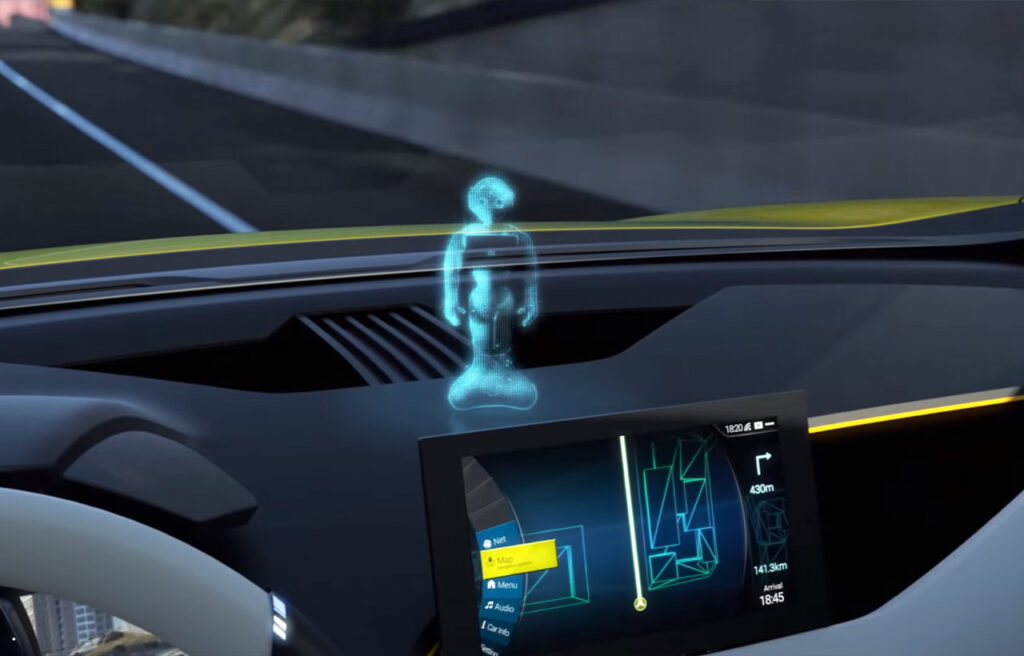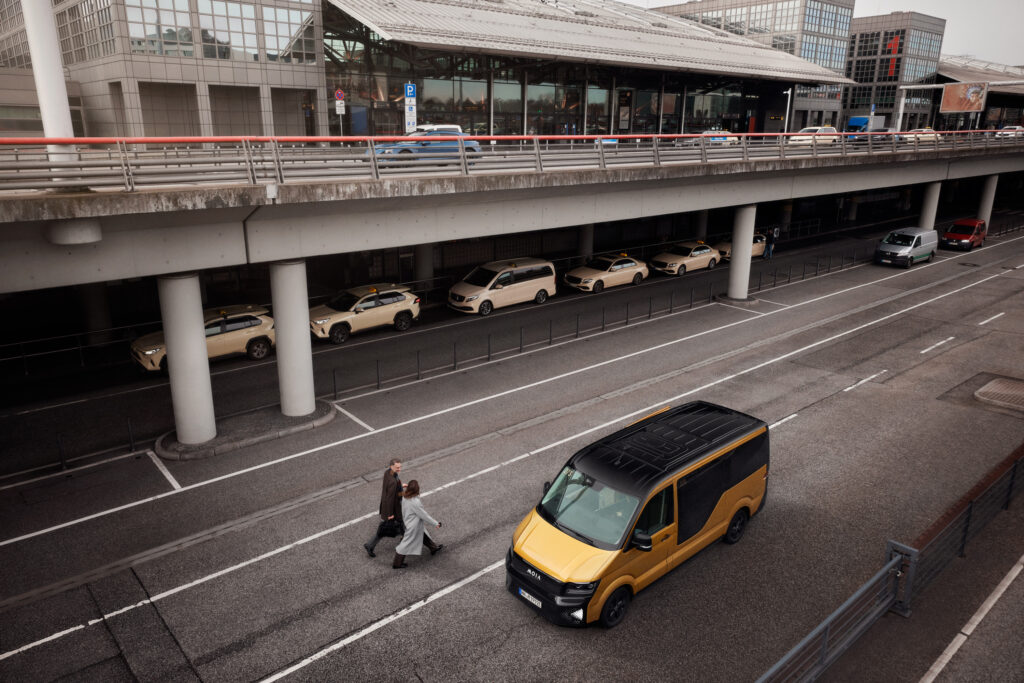
Last year was tough for mobility companies. I looked at the list of exhibitors from early editions of Autonomy and about one third are no longer in business. There have been liquidations, consolidations and endless pivots to find a new niche as the big bets of the day fail to materialise.
Eight years ago someone coined the term “CASE” (Connected, Autonomous, Shared and Electric mobility); Daimler and Toyota still use it on their websites. But the reality is different.
Shared mobility was once a big hope for OEMS; not anymore. In 2022 VW’s WeShare sold to Miles, whose offices were raided late last year on suspicion that they were manipulating GPS data to avoid paying €30 million in fines. Last week Renault Mobilize pulled the plug on their Paris car share operation, Zity by Mobilize. This after drug users figured out how to force open the back doors. Mobilize stated that the move was justified by “factors external to the company such as significant damages repeatedly suffered by the fleet.” The last big car share player is Free2Move, owned by Stellantis, who recently bought ShareNow (a merger between Mercedes’ Car2Go and BMW’s DriveNow). Share Now was losing the two German OEMs around €100 million per year. Stellantis will suffer similar losses if they are not able to radically increase adoption rates.

Zity is the latest in a long line of Paris shared mobility operators (including scooters, bikes and cars) to close shop. They all faced the same challenges: low adoption rates, vandalism, high operating costs, and dealing with strict city authorities. While car sharing makes sense on paper, most people can’t be bothered with the process of booking, locating, unlocking, driving, parking and terminating the trip on the app.
Every year I write a white paper with Capgemini, which we share on our website with our community. This year the paper is focused on how LLMs (Large Language Learning Models) will impact mobility (Please fill in our survey here) . In addition, our annual London Mobility Summit on the 4th of July is focused on integrating AVs and AI into the mobility mix. So I have been doing some reading, talking and thinking on the subject.
Mobility as a Service (MaaS) gives us the freedom to move without car ownership by connecting the offers of public and private mobility operators, including car share, on a single app. But in reality it has only worked in certain European cities where the public transport authority functions as an “anchor tenant.” The endless challenge with MaaS is that everyone wants to be Google; i.e. every startup wants to build the super-app that aggregates travel. We still don’t have the Google of MaaS; no single app has achieved a critical mass of options to offer users a cheap, reliable and consistent travel solution.

Could AI be the missing piece of the puzzle for revolutionising mobility? In a recent podcast with Bill Gates and Sam Altman, Altman explained how the costs of ChatGPT have reduced 40x in 3 years – way faster than Moore’s Law. He believes the future of AI is multi-modal (voice, images and video in and out) and personalised to sync with your email, calendar and budget.
In a separate post, Gates goes on to explain how AI agents will work, “In the next five years you’ll simply tell your device, in everyday language, what you want to do. Depending on how much information you choose to share with it, the software will respond personally because it will have a rich understanding of your life.”
Unlike bots, which are limited to one app, AI agents will work across applications. Gates believes the interaction will happen through ear-pods, like a discussion with a very smart personal assistant who has access to almost total information in real time.

It’s not a leap of faith to imagine that one day an AI assistant, who knows your calendar, books your travel itinerary for you. This could bring on the MaaS revolution, with the AI ear-pod radically reducing the need for car ownership. In such a scenario, on-demand ridepooling shuttles, like VW MOIA could provide endless demand-led shared trips. Finally, technology would deliver mass mobility at a fraction the price and the energy consumption of today. Unlike existing shared transportation, the MOIA experience would be customised, cool, high-tech, and low impact; ideal for today’s urbanite.
Despite tough times, it feels like the real mobility revolution is about to begin. The convergence of AI and AV technology, and lower renewable energy prices, will create exciting opportunities for mobility companies that can connect these dots.